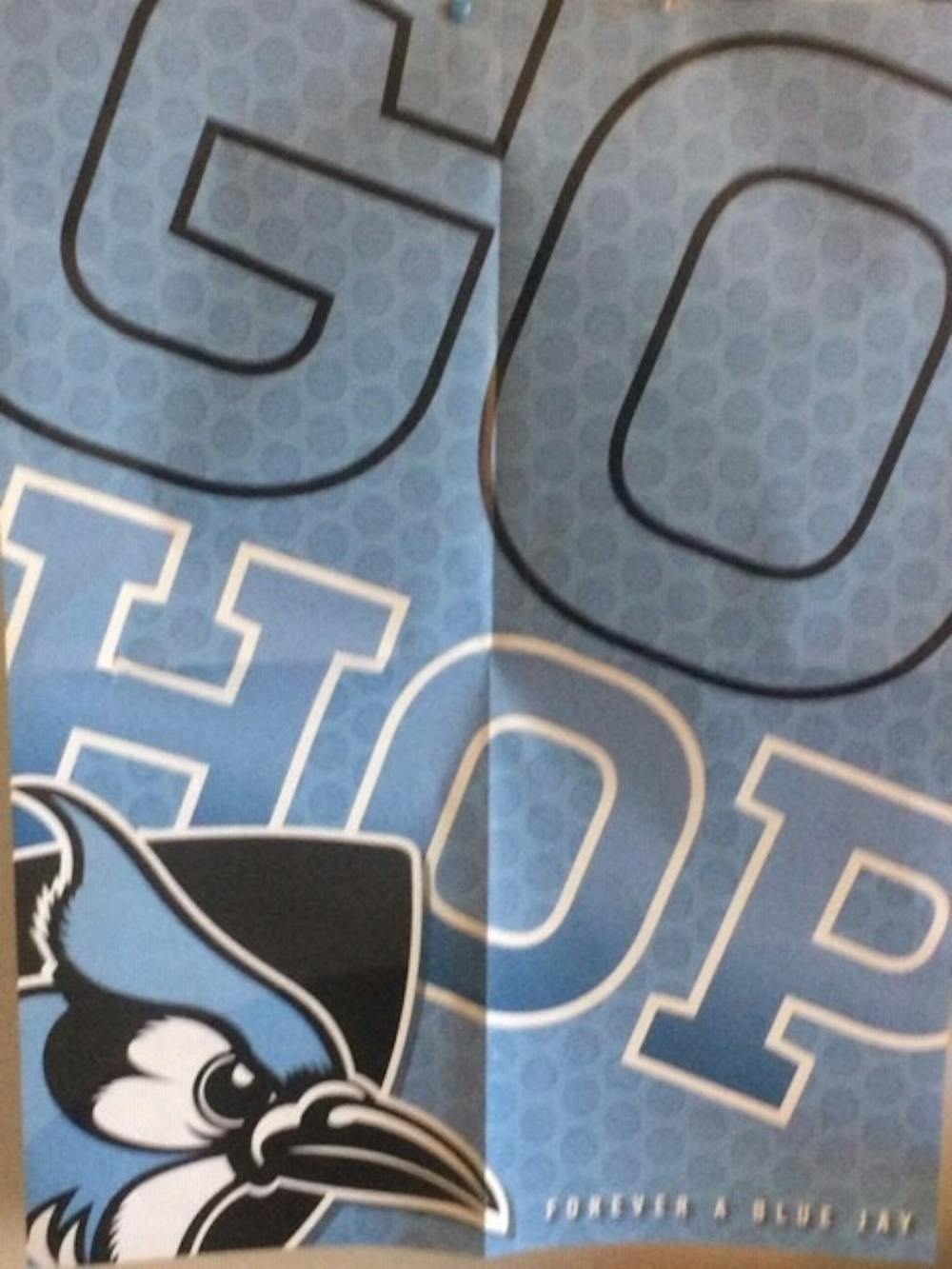
Why did you choose Hopkins? The decision likely wasn’t about the University’s recognition as a great place for party-goers or a plethora of fun school traditions. While we may have come to love Baltimore, as prospective students, I doubt the lack of warm beaches or beautiful mountains encouraged us to commit.
Moreover, I’m sure I wasn’t the only one who received lectures about the many dangers of Baltimore from their older (and whiter) family members, painting a picture that looked like Belgium in 1916.
No, like myself, in large part, it was likely due to the prestige and recognition that came along with attending an institution commonly placed alongside the top, elite colleges in the U.S. Hopkins is a school with world-renowned professors at the forefront of their fields, amazing research opportunities for undergraduates, billions of dollars worth of resources and a high placement in the relatively-arbitrary ranking system of some magazine.
By being accepted to Hopkins and choosing to attend it, we were setting ourselves apart. We wanted (and still do want) the world to be our oyster. Ultimately, while we’re toiling away, studying in an attempt to beat the curve, we know we’ll one day be automatically rewarded with a higher “grade” by prospective employers.
Whether this is fair or not is a question for another time. The fact is that with each incoming class comes a group of over 1000 kids trying to prove their worth and set themselves apart from their “competition.” Of course, academic independence is a quality encouraged at every college or university, but at an institution labeled “elite,” such as our own, that independence is something that is damn near worshiped.
Hopkins wants to produce more industry leaders, household names and individuals that it can put on plaques. It wants more Woodrow Wilsons and Michael Bloombergs (even if the world doesn’t). The University certainly isn’t at fault for that; they know their customers well. Even if just subconsciously, this is the vision that we, or at least myself, aspired to as a prospective student.
In my freshman year, I fully embraced this hunger for notoriety and academic independence. Coming from a small, southern town in the Appalachian mountains, it was an entirely new world for me.
At my high school, distinction was held with such a high honor. Only a small portion of each class duked it out for the best grades, while the majority of the school was focused on doing well enough. When kids talked about their future, it was about deciding between college and community college, not Hopkins and MIT. When I arrived on campus, the academic pressure I naturally put on myself was validated, and I drank the kool aid.
However, as I cross the halfway point of my second year, I’m starting to realize all that is lost in this all-consuming desire for academic independence.
When I look back on my life before Hopkins, it is defined by the people who helped me become who I am. I think of my fifth grade teacher, who was always prepared with something to keep me busy when my mom had to bring me to school an hour early after my dad left. I think of a family friend who gave me a job at 13 when my family was struggling with money. I think of a high school teacher who sacrificed his lunch to teach European history to myself and a handful of other students, without pay.
However, when I look back on my time here at Hopkins, such helpful faces are few and far between. Of course there are my friends, who have provided me with emotional support, and there is everyone on The News-Letter who has provided me with a community, especially my amazing First Year Mentor (FYM) who convinced me to join. But beyond these core groups, when I think of how I got from freshmen fall to now, it's mostly been solo, and that’s lonely.
The emphasis on independence at schools like Hopkins comes at the expense of an understanding of the value in interdependence. This race to the top, whether in the class or in the professional world, creates an ambivalence toward those around us. It’s adversarial. As I got engrossed in this desire to be the best, I lost my perspective on all that can be gained by recognizing and giving back to those who support me.
Now, my goal for this semester is to care more for those around me, those who make my life possible. I can only expect the love and care of my peers if I’m willing to give it myself.
I’m not here to do great things. The world is not my oyster: It is the oyster of everyone around me. In the end, my personal success can only come from the collective success of all those that have been there for me throughout my life.





